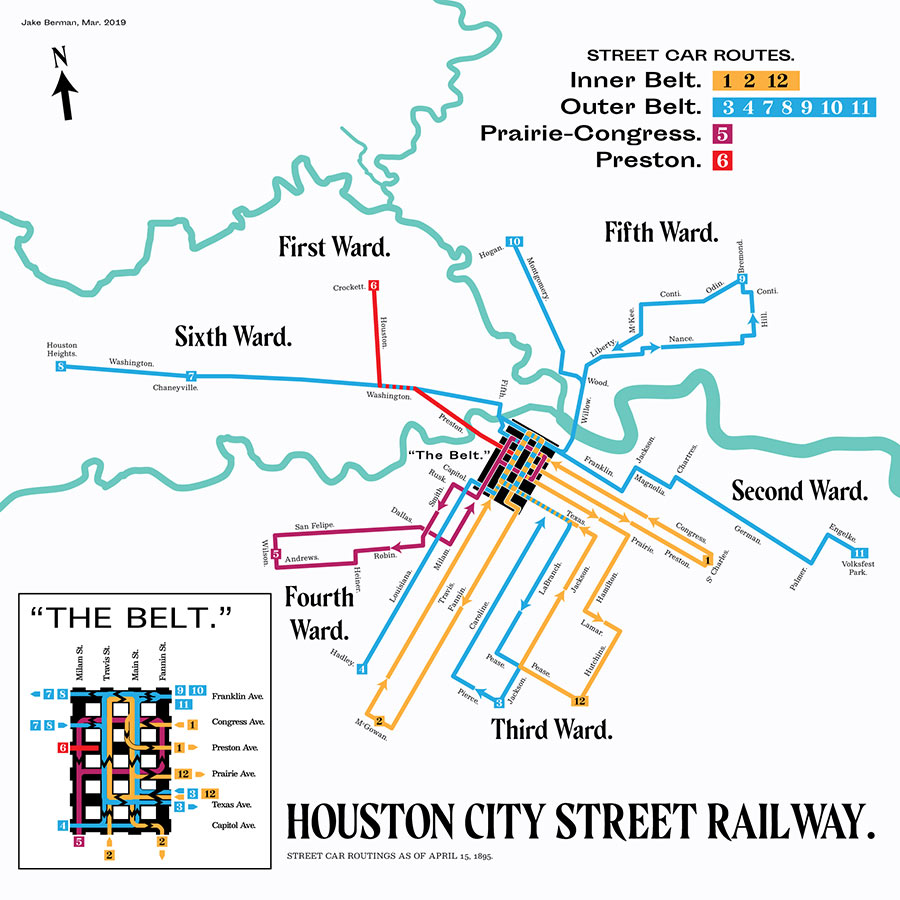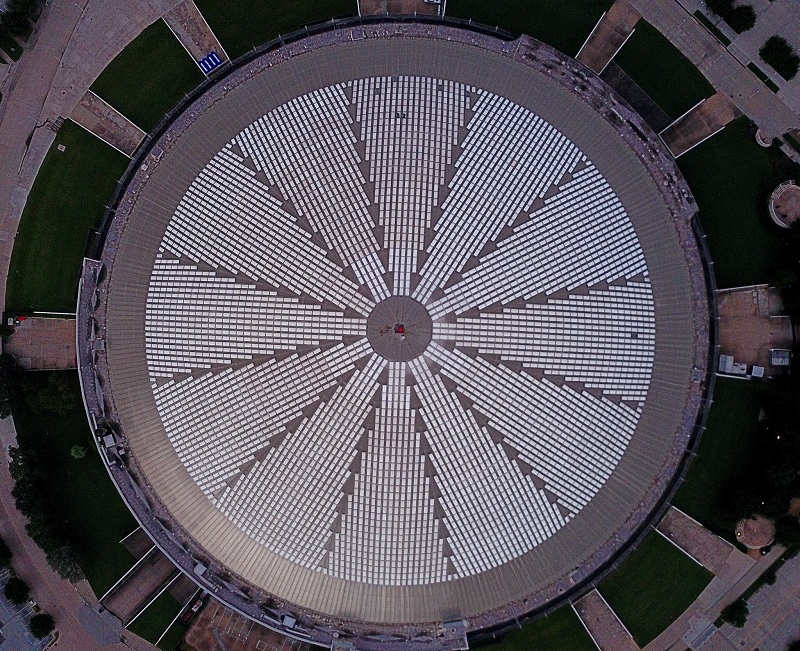THE PASSING OF THAT PLANNING COMMISSION LADY Kay Crooker, an outspoken longtime member of Houston’s city planning commission, died earlier this week. She was a fixture on the commission from 1984 to 2009, acting as a consistent advocate for what she viewed as the integrity of Houston neighborhoods. Part of her legacy: landscaping requirements encoded in the “tree and shrub” ordinance the city approved in 1991, as well as its more recent expansions. And hundreds of negotiated niceties added to developments where her approval was required. [Legacy; more info]




She is right about zoning. Unfortunately at this point you would have to “unzone” and then demolish most of Inner Looop before you could actually zone it properly. Single-family only at this point in areas like the Heights wouldn’t esactly work, now would it?
I wonder if she was the one responsible for the landscaping requirements that result in perimeter trees planted directly under power lines? Not a problem for the first three years…
One, perhaps the only, counter to those on the Commission who would do anything any developer asked.
The developers makes the decision where to put the trees not the planning commission. Trees make these shopping centers look much more appealing. Have you noticed that the recent buyers of older shopping centers (from the 1960s and 1970s) have added trees in order to make those centers more desirable to tenants and customers?
I am glad to hear about the older shopping centers being landscaped; not so much where I live. And the trees even in new developments are given so little area to collect rainwater, it limits their potential to ever provide shade (it’s dry here). A developer’s representative I met at a neighborhood meeting to learn about a proposed hotel (where I was seemingly the only one, out of a hundred people, who thought an upscale hotel sounded like a fine addition to the mall’s truly vast parking lot, and a hedge against the mall’s eventual decline, and that such a hotel was unlikely to attract more “riffraff” than the mall already does – in fact they should probably have truant officers call kids when they fail to show up for mall; that hotel, we should have been so lucky, but the project went nowhere with the economy) — he told me big retailers do not like trees because they obscure their signs; and also that they do not like to suggest that they have spent $$ on such things, because it has the subliminal effect of making you think the goods inside may not be cheap. He may have been repeating retail myths and I may be paranoid: but you’re not paranoid if it’s true.